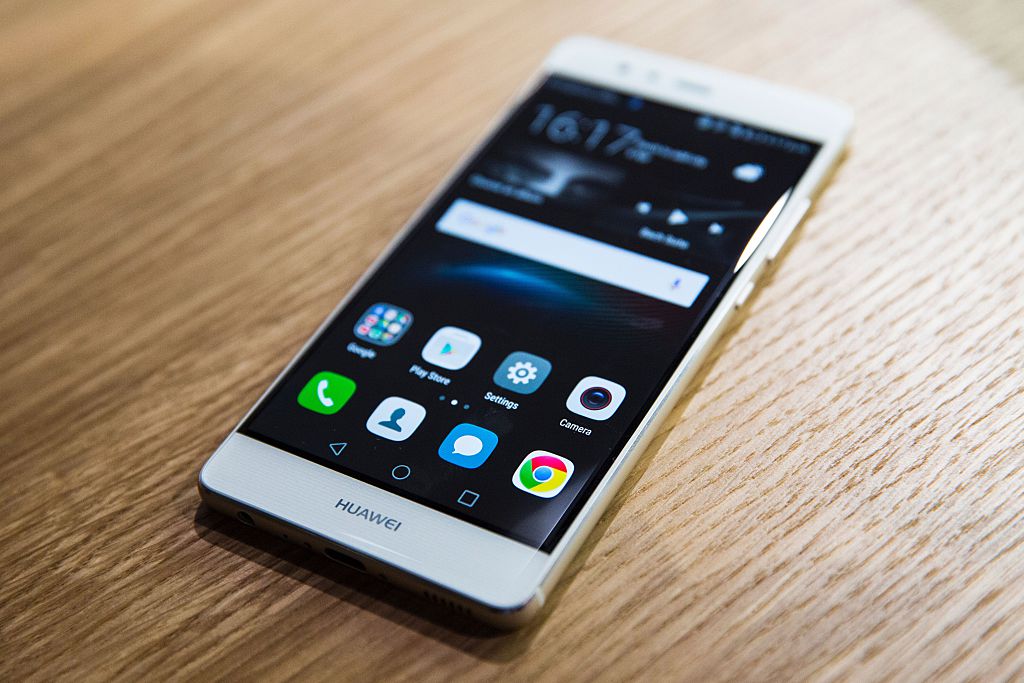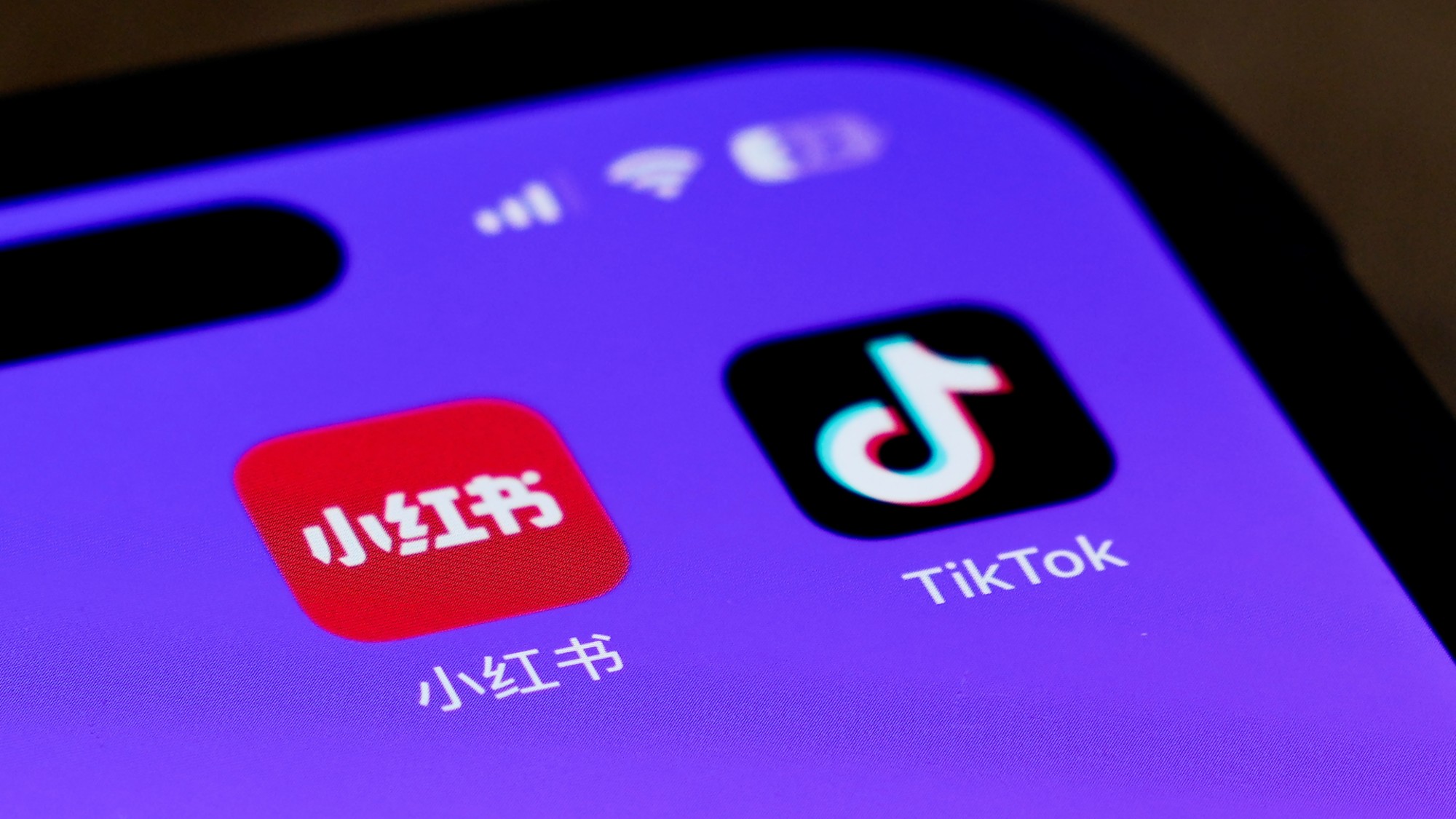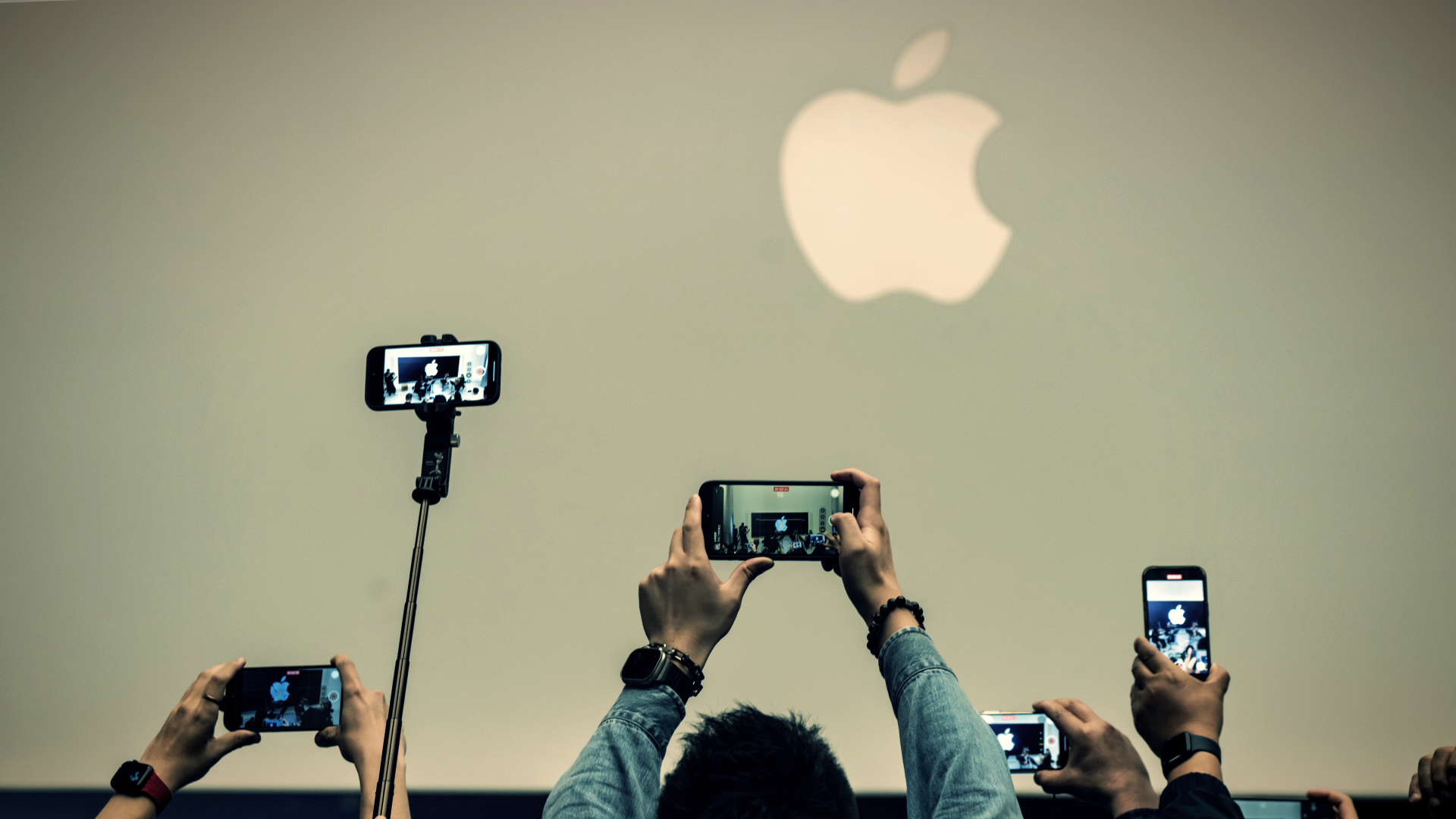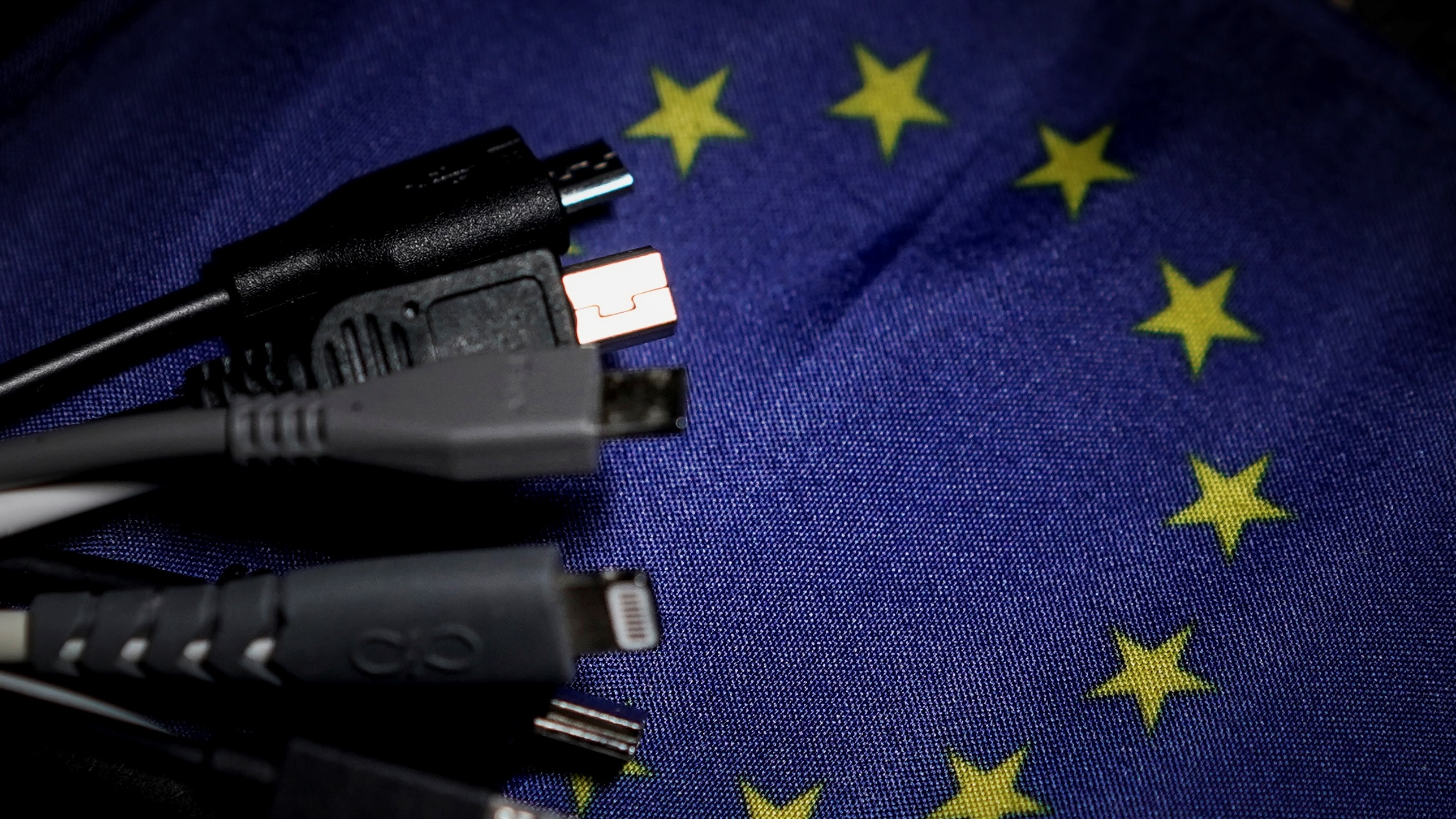Huawei P9: Dual-camera smartphone officially revealed
Chinese firm's flagship handset praised for its Leica-engineered system

A free daily email with the biggest news stories of the day – and the best features from TheWeek.com
You are now subscribed
Your newsletter sign-up was successful
Hot off the back of rumours that the iPhone 7 will have a dual camera, Chinese manufacturer Huawei has revealed its new flagship handset, complete with the setup.
The P9 comes in two sizes: a standard, featuring a 5.2ins IPS LCD display with a pixel density of 423ppi, and Plus, which scales up to 5.5ins with a super AMOLED screen. The bigger phone also gets another display related perk – Press Touch, which mimics the iPhone 6S's 3D touch capabilities.
The smartphones come with Huawei's own octa-core Kirin 955 processor, mated to 3GB RAM on the standard model and 4GB on the Plus, and while the smaller model only comes with 32GB memory, compared to the 64GB of its big brother, it can take MicroSD card support up to 128GB.
The Week
Escape your echo chamber. Get the facts behind the news, plus analysis from multiple perspectives.

Sign up for The Week's Free Newsletters
From our morning news briefing to a weekly Good News Newsletter, get the best of The Week delivered directly to your inbox.
From our morning news briefing to a weekly Good News Newsletter, get the best of The Week delivered directly to your inbox.
Rounding up the rest of the features is a USB-Type C port, a 3,000mAh battery in the 5.2ins handset – upped to 3,400mAh in the Plus – and an exclusive IR blaster and stereo speaker setup for the larger model.
It's the hardware on the back of the phone which is garnering attention, though – a 12 megapixel dual-camera setup made in collaboration with the German manufacturer, Leica.
"It means the P9 can create shallow depth-of-field shots more commonly associated with larger lenses," says the BBC, adding that the inclusion of two camera sensors should help Huawei propel itself into the premium brand market.
Unlike the dual camera used on LG's recently released G5, which allows users to take two different types of pictures, the setup on the P9 is all to do with the image quality of single shots, combining the data from both apertures to create photos.
A free daily email with the biggest news stories of the day – and the best features from TheWeek.com
One sensor captures red, green, and blue information while the other collects monochrome image data, technology the firm claims delivers better performance in low light conditions and superior contrast.
However, the biggest perk of the system is its ability to "simulate wide aperture photography", allowing more light into the sensor to create a shallow depth of field.
"A shallow depth-of-field can create striking photographs of a subject with a blurry background," says the BBC, as the P9 allows users to alter the part of the image they want to be in sharp focus.
According to Android Authority, the phone "feels like a camera with a phone attached" and has "more camera modes… than you can shake a stick at". The site lists a full manual mode, Bokeh effects for extreme shallow depth pictures, selective focus and "much more", only lamenting the lack of optical image stabilisation.
The P9 launches in Europe on 16 April, with the Plus handset coming four days later. According to PC Advisor, prices could start at just under £500 for the standard, with a £100 premium for the bigger model.
-
 5 blacked out cartoons about the Epstein file redactions
5 blacked out cartoons about the Epstein file redactionsCartoons Artists take on hidden identities, a censored presidential seal, and more
-
 How Democrats are turning DOJ lemons into partisan lemonade
How Democrats are turning DOJ lemons into partisan lemonadeTODAY’S BIG QUESTION As the Trump administration continues to try — and fail — at indicting its political enemies, Democratic lawmakers have begun seizing the moment for themselves
-
 ICE’s new targets post-Minnesota retreat
ICE’s new targets post-Minnesota retreatIn the Spotlight Several cities are reportedly on ICE’s list for immigration crackdowns
-
 Will AI kill the smartphone?
Will AI kill the smartphone?In The Spotlight OpenAI and Meta want to unseat the ‘Lennon and McCartney’ of the gadget era
-
 TikTok alternatives surge in popularity as app ban looms
TikTok alternatives surge in popularity as app ban loomsThe Explainer TikTok might be prohibited from app stores in the United States
-
 Justice Department bites Apple with iPhone suit
Justice Department bites Apple with iPhone suitSpeed Read The lawsuit alleges that the tech company monopolized the smartphone industry
-
 Phubbing: a marriage-wrecking habit?
Phubbing: a marriage-wrecking habit?Talking Point New study says couples are avoiding talking to each other by looking at their phones - but was it ever thus?
-
 The arguments for and against universal chargers
The arguments for and against universal chargersPros and Cons European Commission pushing to establish USB-C as standard for all phones
-
 How cybercriminals are hacking into the heart of the US economy
How cybercriminals are hacking into the heart of the US economySpeed Read Ransomware attacks have become a global epidemic, with more than $18.6bn paid in ransoms in 2020
-
 Language-learning apps speak the right lingo for UK subscribers
Language-learning apps speak the right lingo for UK subscribersSpeed Read Locked-down Brits turn to online lessons as a new hobby and way to upskill
-
 Brexit-hobbled Britain ‘still tech powerhouse of Europe’
Brexit-hobbled Britain ‘still tech powerhouse of Europe’Speed Read New research shows that UK start-ups have won more funding than France and Germany combined over past year